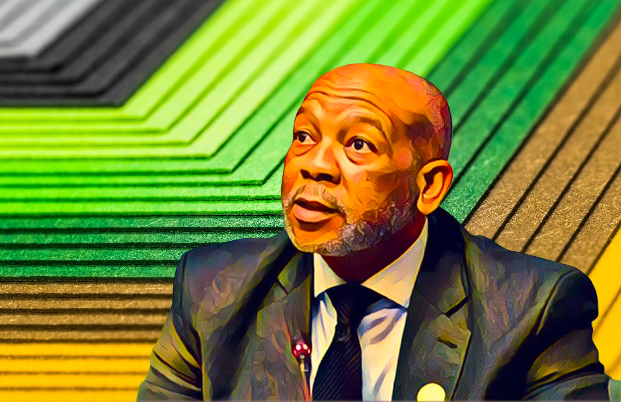South Africa’s just energy transition is expected to be a costly process, says Minister of Electricity and Energy, Kgosientsho Ramakgopa.
“There’s a ticket assigned to the transition…the financing ticket. We are talking about R1.6 trillion over five years. The South African balance sheet is very weak; it will not be able to carry this,” Ramakgopa stated.
Despite these challenges, Ramakgopa insists the energy transition must proceed without forsaking baseload power. With the correct financing plan, South Africa can embrace the renewable energy revolution, creating new jobs and boosting economic growth.
“Without any hesitation, renewables will see the biggest exponential growth of any fuel in the energy mix. We are tilting towards green forms of energy. Nuclear, solar PV, hydro, and wind will be the mainstays of this transition. Of course, we do all these things at the pace and scale we can afford,” Ramakgopa emphasized.
Speaking at the Institute for the Future of Work (IFOW) seminar on South Africa’s Just Energy Transition and the Future of Work in Tshwane, he outlined the need for external financial support.
“Solar PV and wind will play a vital role in South Africa’s renewable energy revolution as some of the cheaper energy sources,” Ramakgopa noted. “However, South Africa cannot carry the financial burden of the transition alone.”
Highlighting that Africa contributes approximately 4% to global greenhouse gas emissions, Ramakgopa stressed that developed nations must help finance Africa’s energy transitions. He pointed out that these nations have contributed the most to climate change.
“What is the contribution of the developed world?” he asked. “Those responsible for the environmental damage we see must help finance this transition.”
He added, “The industrialized and developed north have a moral and ethical duty to ensure they can finance this transition.”
Ramakgopa also emphasized the importance of community involvement in the transition process. As South Africa shifts from a carbon-intensive economy, communities must be informed, consulted, and educated about the transition’s impact.
“We need to answer what we mean by [Just Energy Transition]. It’s also about the democratization of the conversation. When moving into communities, we must respect their ability to comprehend and understand the implications of our decisions,” he explained.
“You don’t suggest that you have the authority to decide on their behalf. We don’t have that authority. It’s important that they get to be educated on the impact of not transitioning to the environment, their health, and what it means to transition suddenly.”
The discussion at the IFOW seminar underscores the urgency of addressing these issues. South Africa must balance environmental responsibilities with economic realities and community impacts. Proper planning and community involvement are critical to ensure a smooth transition.
South Africa’s energy transition faces significant financial and logistical challenges. International support, especially from developed nations, is crucial for success. The government must engage with communities and ensure transparent communication. The future of South Africa’s energy landscape depends on collaborative efforts and sustainable practices.
Source: ESI Africa



